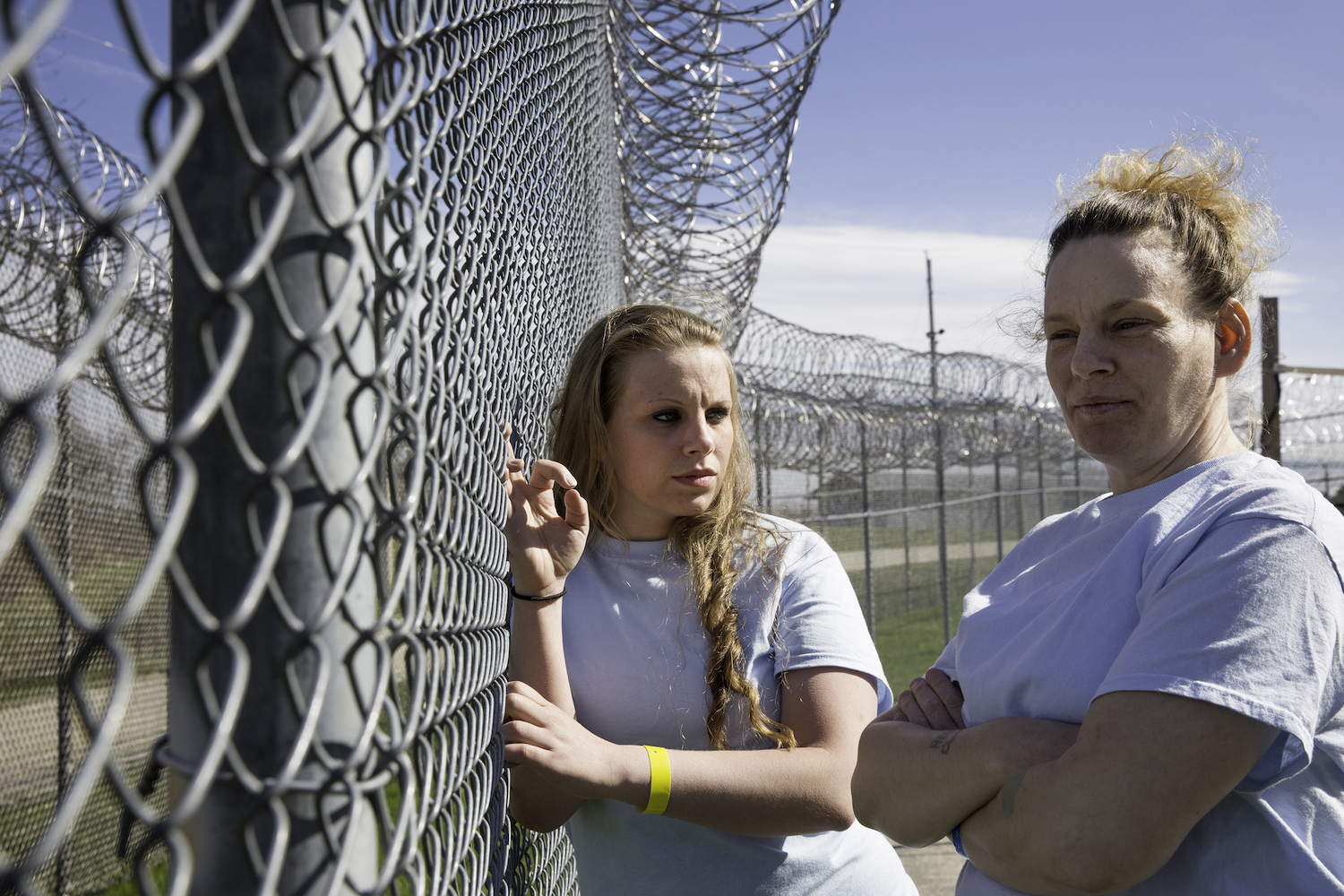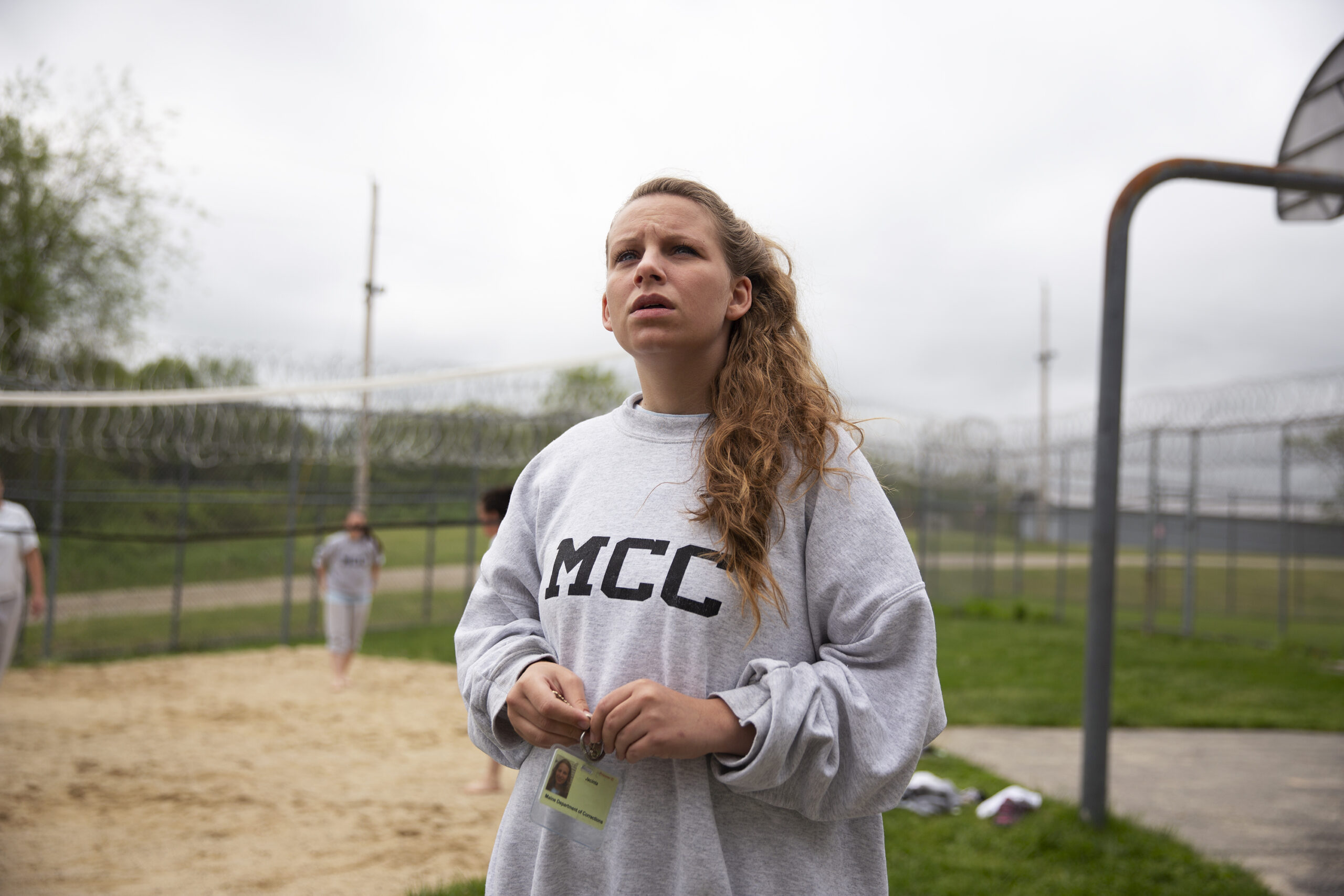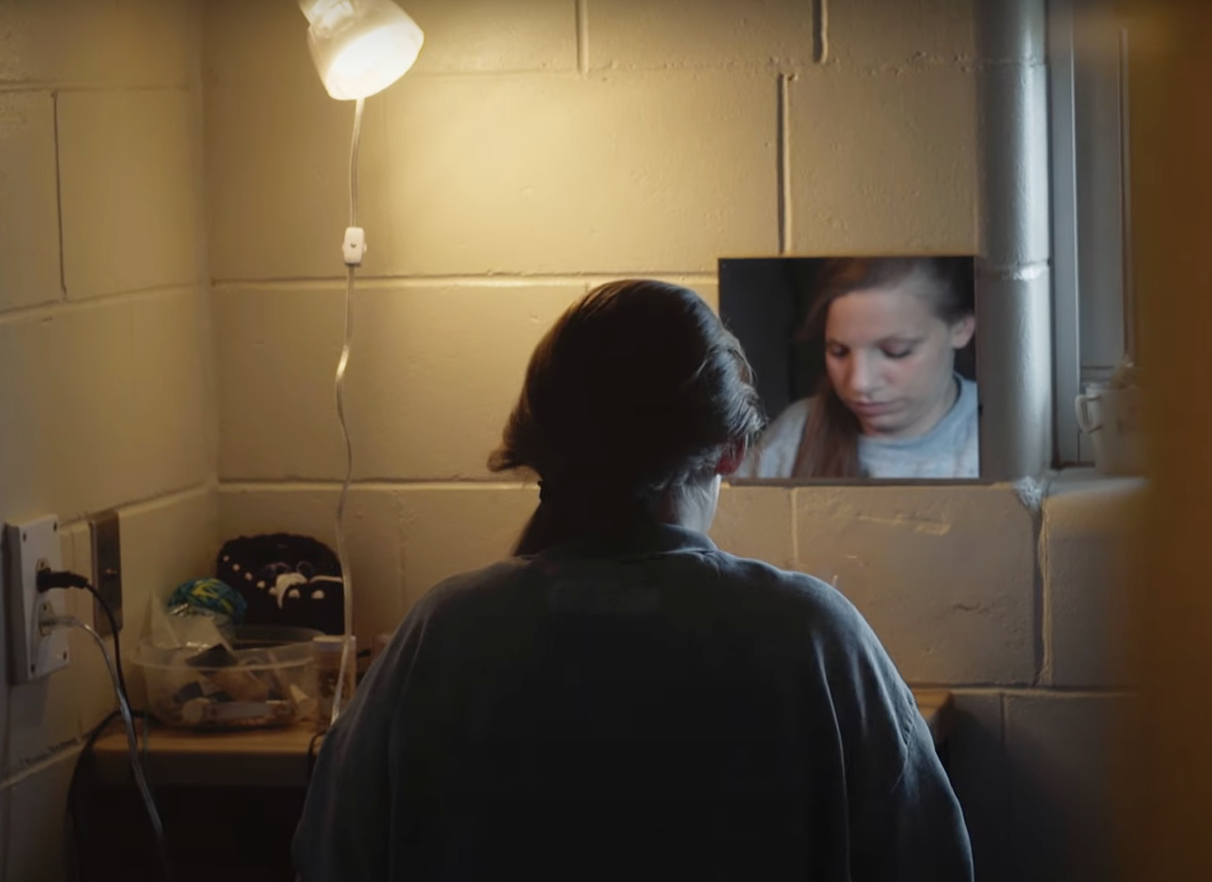For those keeping track of my articles, I know I’ve mentioned this doc before in a quick take a couple years ago. At first, I considered the possibility of starting a new addition of article types to my work, but I’ve done that so many times now and they barely catch on anyway, or only show up once in a blue moon. So maybe consider this a flashback, or a look in the past? It’s up for interpretation. Whatever you think, I hope you enjoy this interview I did with Jessica Earnshaw who talks about one of the most powerful documentaries ever made. Focusing on some very important subjects, like mother-and-daughter duos, and drug usage. The film is very well made compared to some other content I’ve taken notice of that was from years ago.
If you’ve seen Jacinta and want to learn more, read on. If you haven’t seen Jacinta but want to learn about what it’s like, read on. You’ll find some very interesting information.
HNMAG: Now, I have seen Jacinta before and learned a lot from it already. But I’d like to know, was it easygoing behind the scenes, or did you really have quite the scramble going on?
Jessica Earnshaw: I was trained as a photojournalist so I really approached it in a similar way, I was pretty used to embedding with subjects and spending a lot of time with people. I basically did the exact same thing with Jacinta.
HNMAG: And what was it like to get access to some of the locations?
Jessica Earnshaw: It was about the same, I had already gained access to the prison she was in for another project I was working on about aging in prison. So I already had a relationship with somebody at the prison, and it was actually not that difficult to get access for the particular project.
HNMAG: This documentary shoot went on for about three years. Was it exhausting to do it for such a long time?
Jessica Earnshaw: NO, though it was difficult to film at times because of the drug use and I cared about Jacinta. But I just really loved the family and could’ve continued shooting longer if I didn’t need to just finish the film.
HNMAG: There must’ve been a lot that you couldn’t include in the documentary. What did you want to include but couldn’t due to time constraints?
Jessica Earnshaw: In the film, there’s a natural climax where things happen in the film and it’s naturally progressing in the film. I filmed for a couple years after that so there was a lot of stuff I couldn’t include just because we kind of had to wrap up the story and there was a lot of family moments and moments of Jacinta that I loved. But, if I included them all it would’ve felt like too long of a film.
Jessica said a lot of the family moments involved Jacinta’s father Rick which she found very lovely and heartwarming. Too bad they couldn’t have been included. I wonder if Rick could get his own spinoff doc?
HNMAG: With the subject matter of the film, what did you hope it would show people?
Jessica Earnshaw: I really wanted people to get an understanding. I learned so much from spending time with this family, and I felt like I learned a lot about people struggling with addiction. I was hoping that people watching the film would have a similar experience that I did, as far as witnessing the journey of Jacinta trying to get back to her daughter. I think from the response I’ve gotten from people, and telling me what their experience was, It’s somewhat similar to what I learned.
HNMAG: Despite the dark and disturbing nature, was there anything about it you enjoyed?
Jessica Earnshaw: I really loved the family and enjoyed spending time with Jacinta. Even though it was difficult to film and it was just hard because it’s not enjoyable to watch someone using. I did really love spending time with them and it was usually overall a good experience than a bad one for me.
HNMAG: Was there anything else so uncomfortable about it that even you couldn’t include in the final result?
Jessica Earnshaw: Not really, there’s a lot of things that we didn’t include. But what we did include represented her story and I don’t think there was really much that was more revealing that we didn’t include.
HNMAG: How else has it affected audiences aside from telling you their experiences?
Jessica Earnshaw: I was hoping people would watch the film and feel more empathy for people who are struggling with drug addiction. One of the interesting things that has happened is when people saw the film, they reached out to us. It’s healing and people have watched the film and they felt like it’s helped with processing their own trauma in their lives. They might identify as being Caylynn or Jacinta, or Rosemary and they’re able to use the film like a talking tool within their families.

Photo © Jessica Earnshaw.
Jessica said she had a number of women reach out to her who felt like they went through a very similar experience and watched the film with their children to show what they had gone through in younger years and how hard it is to stop.
HNMAG: You cover this kind of subject all the time in your line of work, but was there something about this that made it different from your usual work?
Jessica Earnshaw: This is my first film, but I felt like for me this was different in a sense that it was about mothers and daughters. I just felt like I could relate to being a daughter and just having that connection with my mother. There were ways into this film that I felt were very familiar to me with the family aspects than the other different projects I worked on.
HNMAG: How did it manage to get released onto Disney+?
Jessica Earnshaw: The film was bought by ABC which is owned by Disney. It premiered on Hulu in the US, in October 2021. It came up here 2 years later, but it was always supposed to be on Disney. We were just waiting for it to be placed.
HNMAG: I can see it took a while. I saw it at the Rendezvous with Madness Festival in 2021.
Jessica Earnshaw: Oh, yeah. That was the only festival we played in Canada.
HNMAG: Have you reconnected with any of the interview subjects lately and how have they been doing?
Jessica Earnshaw: I manage to stay in touch with all of them and I contact them frequently, so Jacinta’s doing incredibly. She is over 2 years sober, has an incredible job, her own place, Caylynn is now 17, and getting straight A’s in school. She sees her mother quite a bit, and Rosemary’s also actually 2 years sober. She was in a drug core program instead of going to prison, and has been sober for over 2 years now. We have a whole social impact campaign with the film where the film is shown in rehab centres, and universities. Jacinta has been doing speaking events around the film, so that’s all been really exciting.
HNMAG: Would you ever think of doing a follow-up documentary to show their progress?
Jessica Earnshaw: Actually, what we’re doing is, we put all the updates on the official Instagram. Whenever anything happens, we post there.
To see more updates like she mentioned, hurry to Jacintafilm.com and check out the socials when you can to see how these ladies are progressing. Jacintafilm can be found on Instagram, Facebook, and Twitter. That’s not all, they offer opportunities to help people with drug issues and those who have been incarcerated. It’s truly worth checking out and offering a hand.


